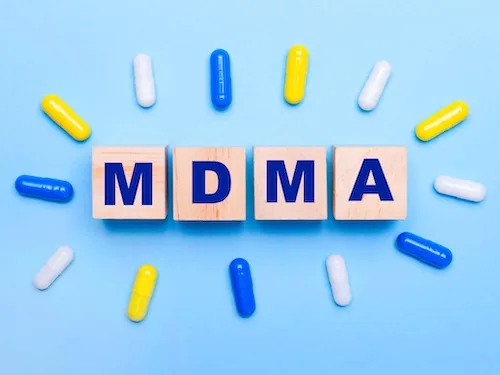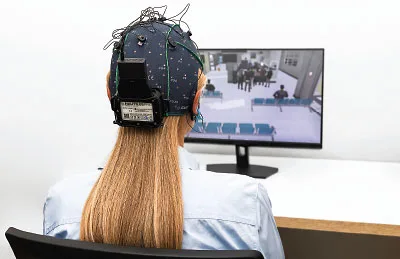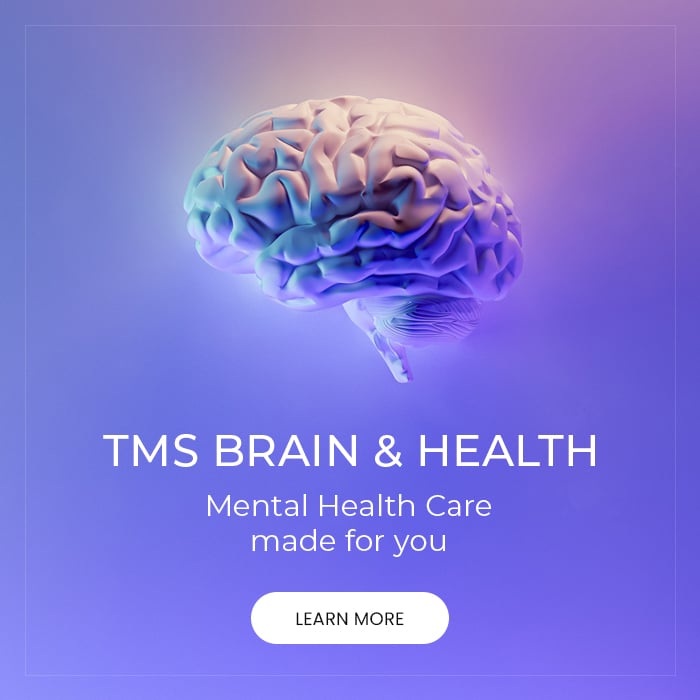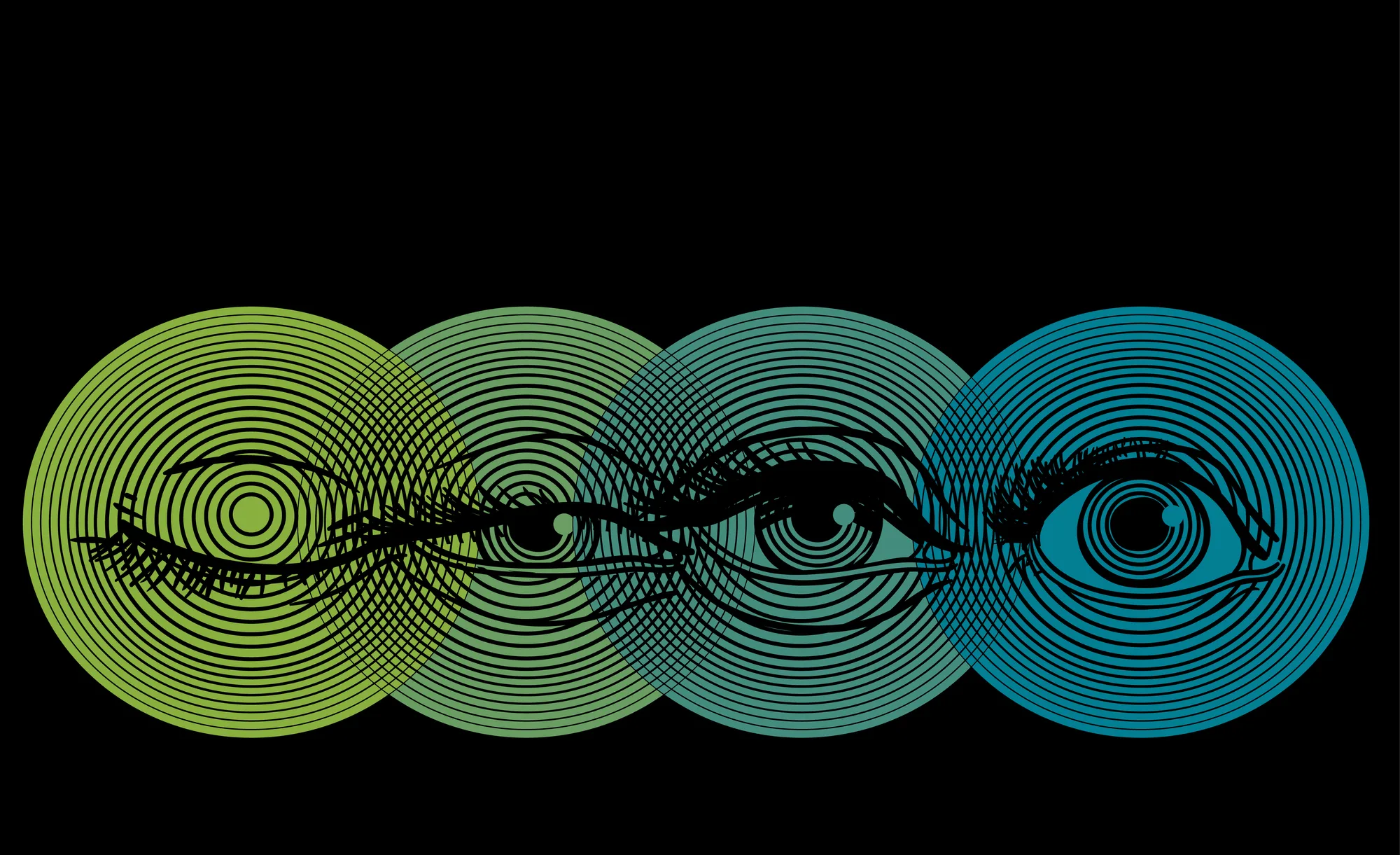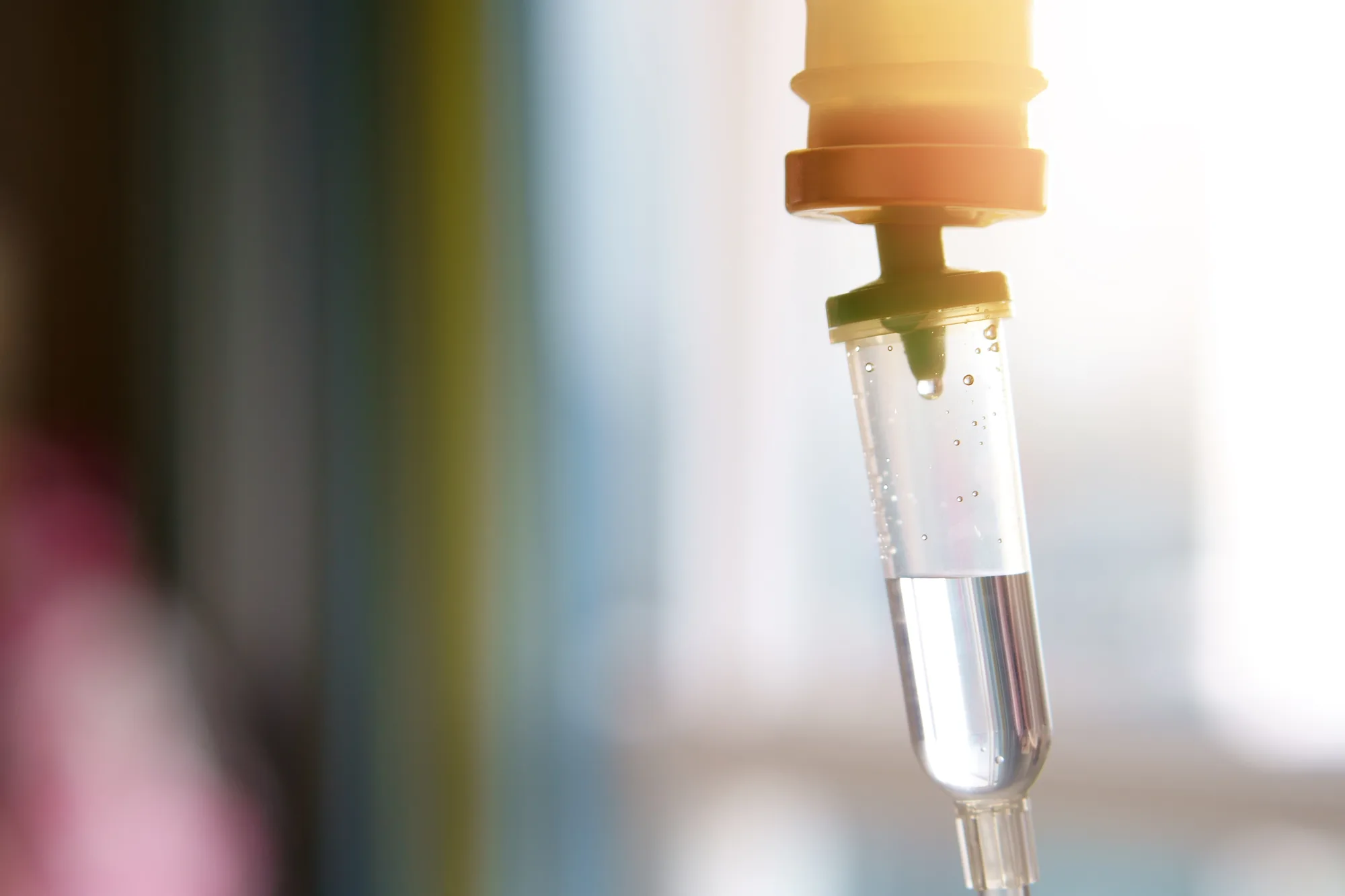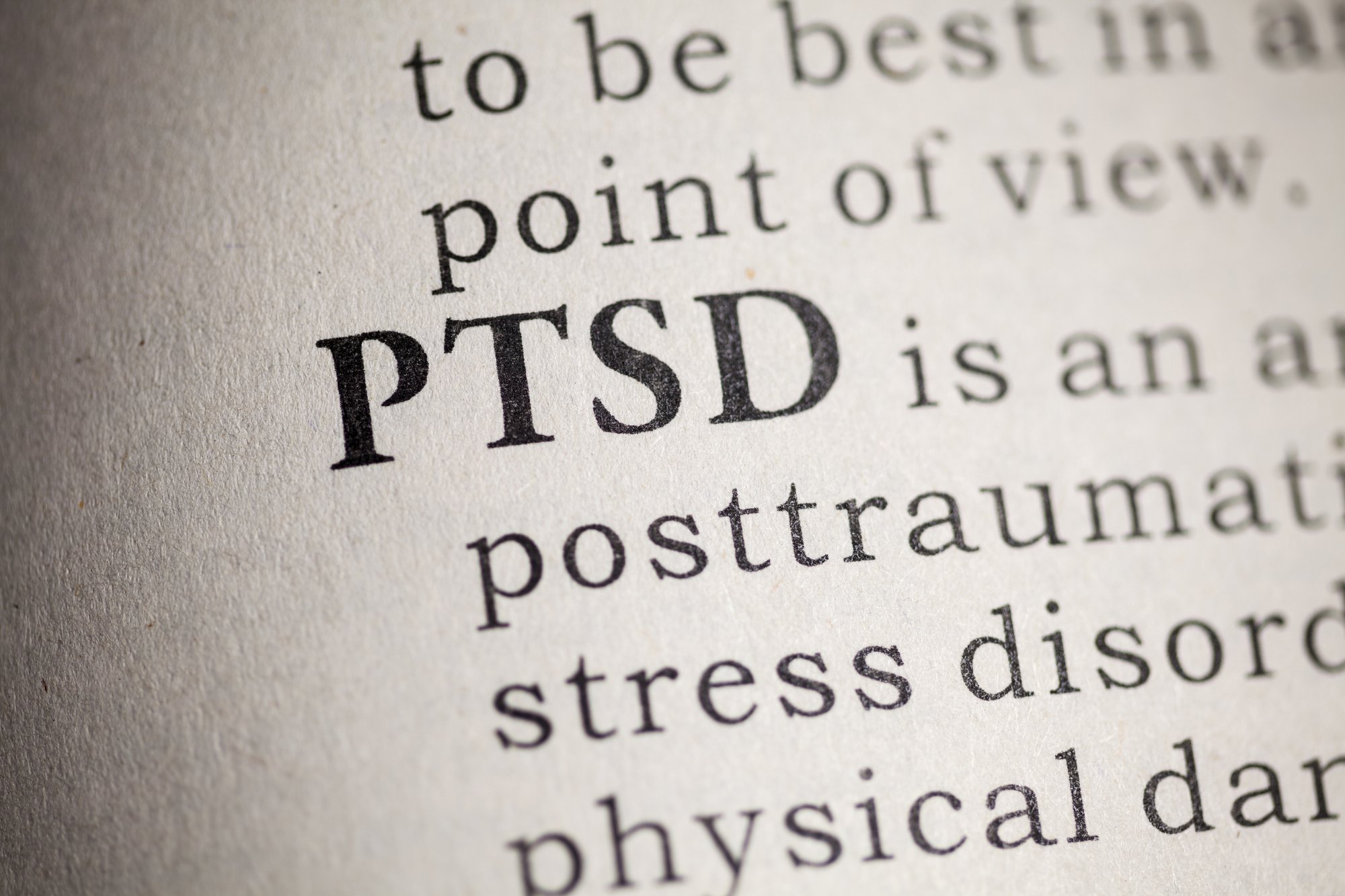It’s estimated that there are more than 24 million Americans currently suffering from post-traumatic stress disorder (PTSD).
This mental health condition is triggered when a person experiences or witnesses a traumatic event. Symptoms can develop years later, or they can begin within a month of the event occurring. The traumatic event that triggers PTSD varies depending on the person, but there are no barriers to this type of trauma.
It can affect anyone, no matter how young or old. Since this condition can occur at any time after the inciting traumatic event, and symptoms vary so widely, it can be very difficult for people to recognize that they have a problem. This may lead to years of suffering and shame before individuals are able to seek help. In 2018 alone, 20 American veterans per day committed suicide. Fortunately, there have been recent advances in research that may help, including a newer treatment called ketamine infusion therapy.
How Do I Know That I Have PTSD?
Recent research suggests that 70% of American adults have experienced some kind of event that they would describe as traumatic. Out of that number, it’s estimated that 20% will go on to develop PTSD at some point in their life. Diagnosing PTSD can be difficult, because hundreds of millions of people worldwide have experienced trauma, but not everyone develops PTSD. Not all patients display the same symptoms, and it can affect people in unique ways. Some people have a hard time concentrating and sleeping, and feel depressed, numb, and disconnected from everyday life. Others feel nervous, uneasy, and startle easily. When a doctor is faced with a patient that they think may have PTSD, they will evaluate four different types of symptoms- intrusive memories, negative changes in thought patterns and mood, avoidance, and sudden changes in emotional and physical reactions.
The Social Stigma
Many people feel overwhelming shame if they’re diagnosed with PTSD. Some people believe that they should just be able to ‘get over’ traumatic experiences and forget that they ever happened. This reductive mindset will hopefully be put aside once research reveals more about the causes of PTSD. In the past, research has classified PTSD as solely a psychiatric problem- in 1915, the term “shell shock” was coined to describe soldiers who were troubled by intrusive memories and changes in mood and behavior after World War I. Now, new research has found links between physical brain trauma and PTSD, and has proven that some forms of PTSD occurs because of physical changes in the brain.
New PTSD Research
In 2017, a study published in the American Academy of Neurology found that the brains of service members who had been diagnosed with PTSD were different from those who had similar mild traumatic brain injuries but did not experience PTSD. All of the study subjects had experienced the same type of traumatic event, but the brains of those who had developed PTSD showed a 6% decrease in the size of the amygdala, which helps govern emotion, memories, and behavior.
People We Have Helped
Traditional Treatment Options
There is no cure for PTSD. Instead, doctors focus on treating the symptoms of the condition and making daily life less onerous. As PTSD is classified as a type of anxiety disorder, many practitioners prescribe an anti-anxiety medication or antidepressants like SSRIs or SNRIs. It can take weeks or even months for these medications to start working, which leaves patients struggling to cope until that happens. These medications also come with unpleasant side effects that can actually include an increase in suicidal thoughts, especially if they’re being taken by teenagers or young adults. Some antidepressants cannot be taken by women who are pregnant or nursing.
In addition to medication, many doctors refer patients with PTSD to a therapist who practices either cognitive behavioral therapy (CBT) or cognitive processing therapy (CPT). The goal of these therapies is to teach patients the skills to deal with their symptoms, help them process the trauma, and restore their self-esteem. Some patients find that family or group therapy is helpful in addition to their individual sessions. This helps them learn how to communicate better and may help family members feel more involved in the healing process.
Can Ketamine Help?
Minimizing the impact of PTSD symptoms is key to ensuring that patients are able to deal with their trauma in a healthy way. Medication can help stabilize the mood, but it often takes weeks to begin working effectively. Many doctors are experimenting with ketamine infusion therapy as a treatment for PTSD and treatment-resistant depression. One study from May 2018 found “rapid and sustained improvement in PTSD and depression symptoms.” Another study found that it reduced core PTSD symptoms and depressed mood after a single infusion.
How Does Ketamine Work?
Ketamine affects our NMDA receptors, which in turn affects our brain and nervous system. Doctors and researchers aren’t able to confirm exactly why ketamine is so effective for PTSD and depression symptoms, but new studies are hard at work exploring ketamine’s full potential. A single dose of ketamine infused nasally or intravenously has been found to markedly improve symptoms of depression- some people see a response within the hour. This means that patients don’t need to wait weeks or even months for relief from symptoms of PTSD and depression. For patients that are experiencing thoughts of suicide, ketamine has been referred to by some doctors as a “save shot”- a way to stabilize them temporarily until they’re able to reap the benefits of therapy or traditional medication.
The doctors at Bespoke Treatment are eager to provide relief to patients with treatment-resistant depression, anxiety, and PTSD. Our clinics can be found in Santa Monica, Los Angeles. Our highly trained medical staff use cutting-edge methods and the latest research to bring relief to patients who are suffering. Call today to book a consultation, and see whether ketamine infusion therapy is right for you.



